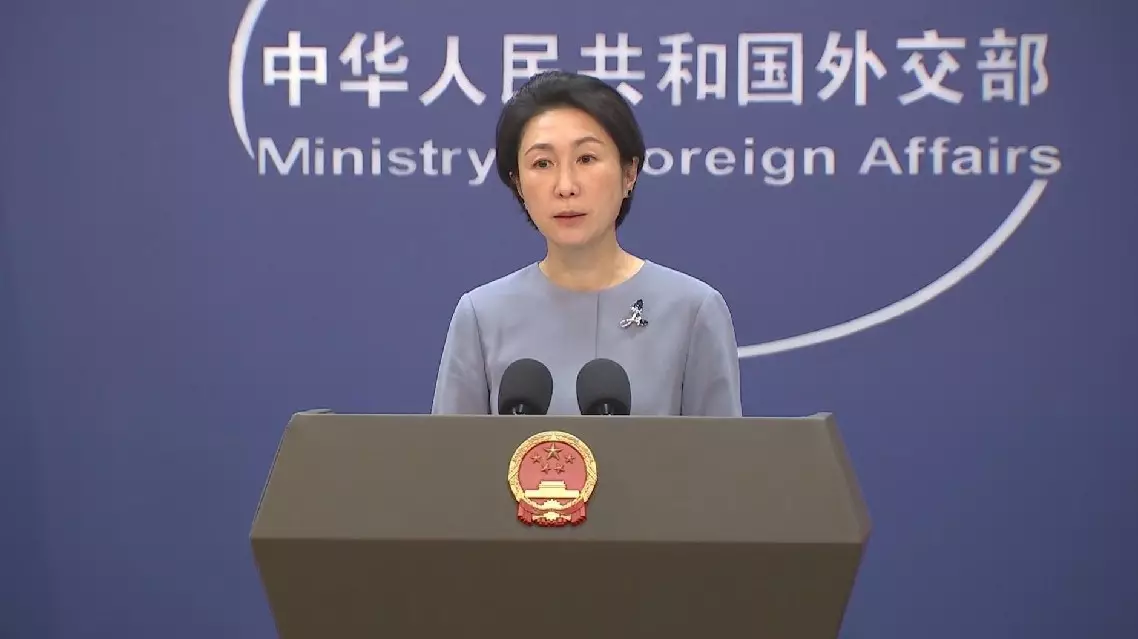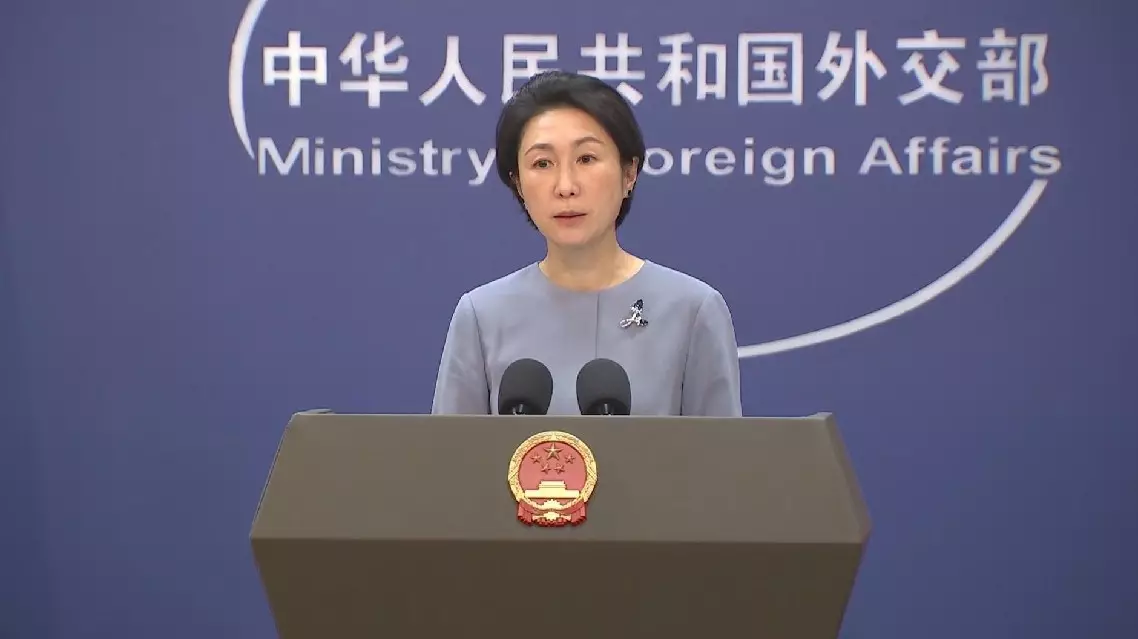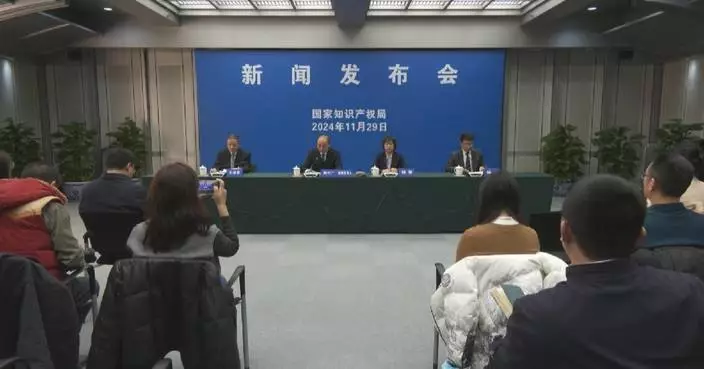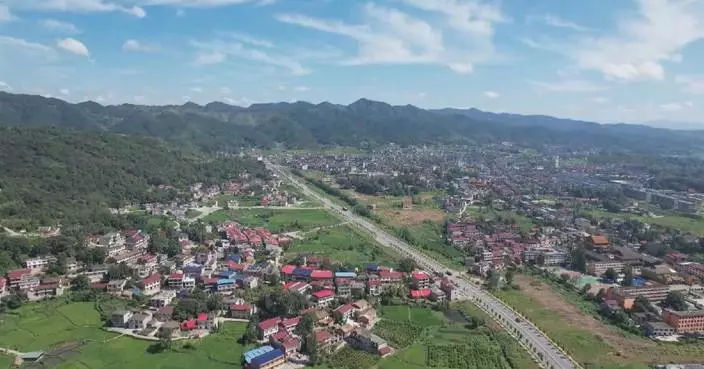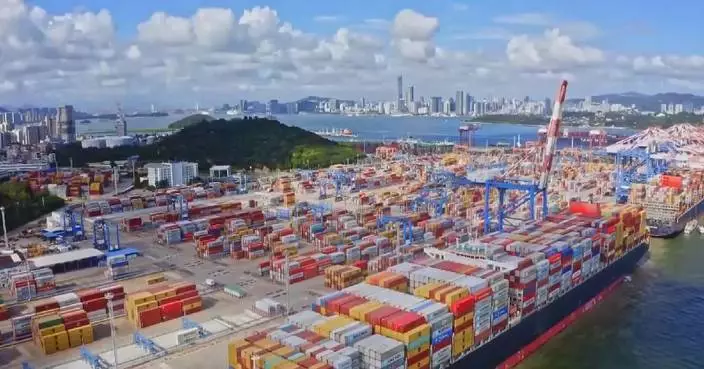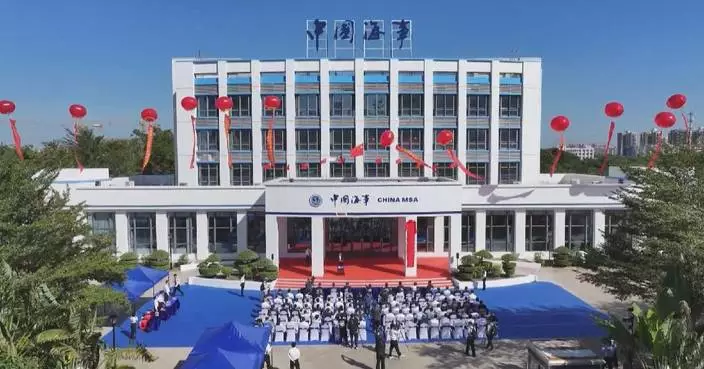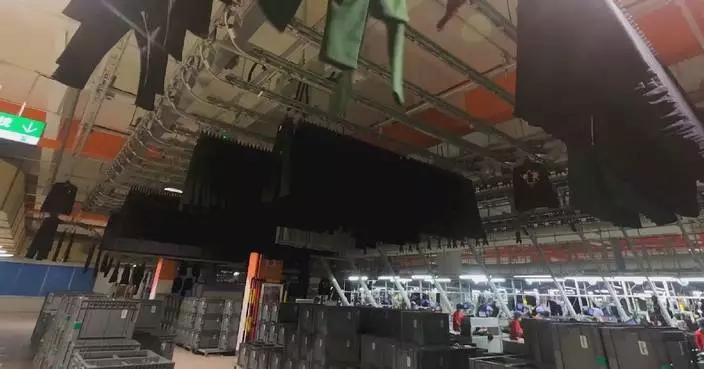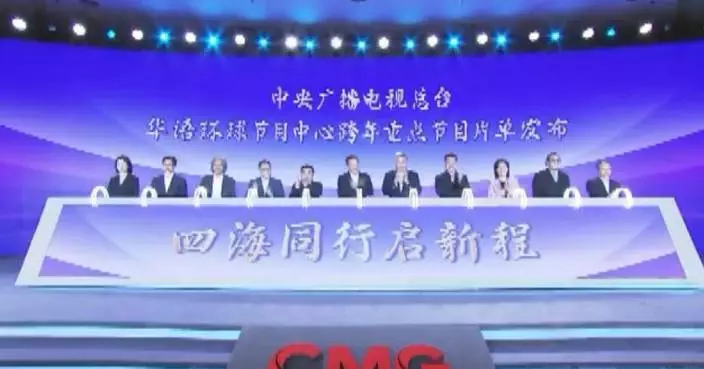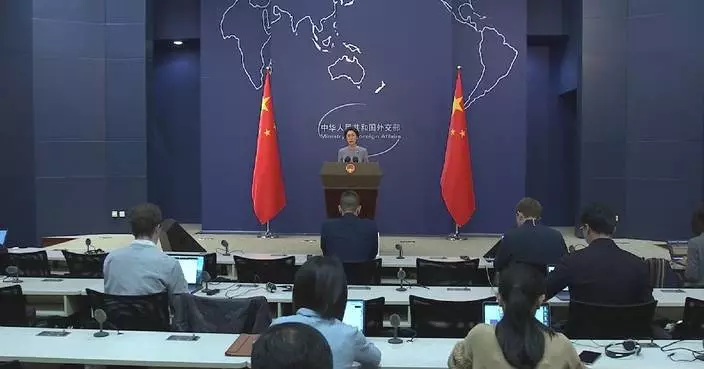China's advanced manufacturing has empowered its robot industry in crafting the "super brain", which becomes a highlight at the ongoing second China International Supply Chain Expo (CISCE). China is the world's largest industrial robot market. Currently, the market size of specialized robots in China exceeded 20 billion yuan (about 2.76 billion U.S. dollars). Over the past five years, the average annual growth rate has been close to 30 percent, thanks to the support and assistance provided by its advanced manufacturing.
"Connecting the World for a Shared Future," the expo, hosted by the China Council for the Promotion of International Trade, kicked off in Beijing on Tuesday.
The 2024 expo has introduced a new exhibition area dedicated to advanced manufacturing, adding to last year's clean energy, smart vehicle, digital technology, healthy life, green agriculture and supply chain service areas.
A complete global advanced manufacturing industrial chain is being showcased in the new area, focused on four categories -- research and development and design, application of new materials, key components and processing, and intelligent manufacturing and high-end equipment.
Within the advanced manufacturing exhibition area, a standout display features an explosion-proof firefighting robot equipped with a 360-degree camera that transmits real-time images to the central control system. This robot is capable of assessing changes at the scene of the fire, thanks to its central control system.
A special robot comprises hundreds of components. What sets it apart from traditional robots is right here - its powerful "brain".
The "super brain" of specialized robots can assess surrounding toxic gases, oxygen levels, temperature, dust, humidity, and others, each of which requires continuous fine-tuning and adjustment by technical personnel at the robotics research and development center in Tangshan City of north China's Hebei Province.
"We are all young people, and we are quite hardworking. Basically, we produce 10,000 to 20,000 drawings a year," said Min Guiyuan, an engineer of robotics research and development.
"Some iterations of new technologies are the result of our collective efforts," said Wang Bingnan, another engineer of robotics research and development.
In Tangshan today, a robot industry cluster has been initially formed, centered around industrial robots, with a focus on specialized robots, integrating research and development, production, and services.
Over the years, China's robot industry has made great progress in innovation and development, and new breakthroughs have been achieved in the research and development of bionic perception, cognition, planning and control technologies.
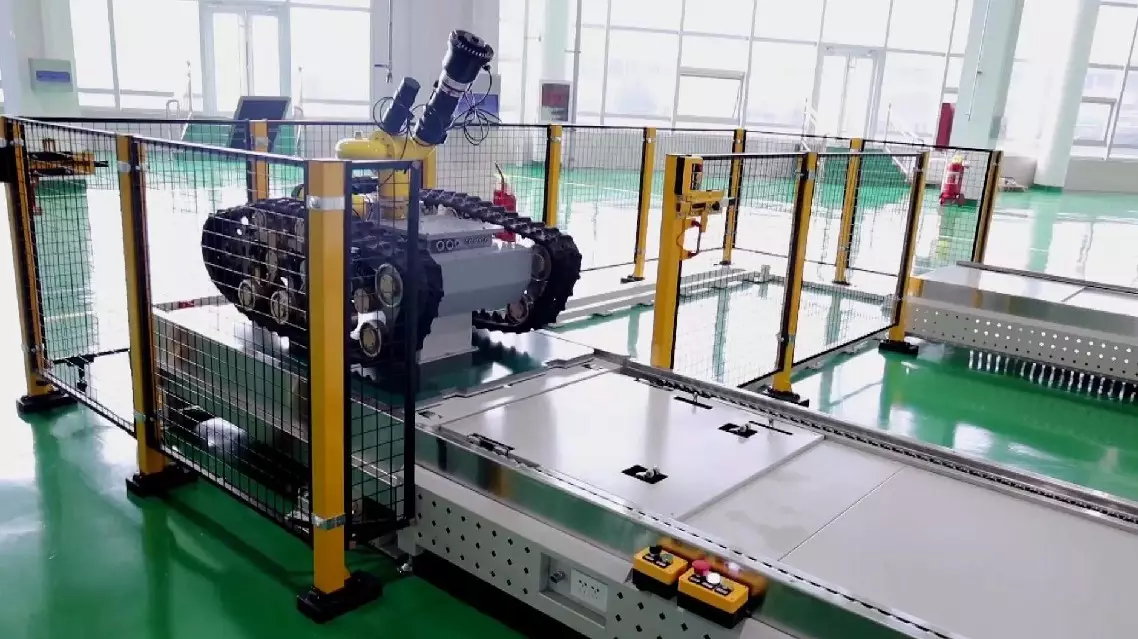
China's advanced manufacturing empowers robot industry


